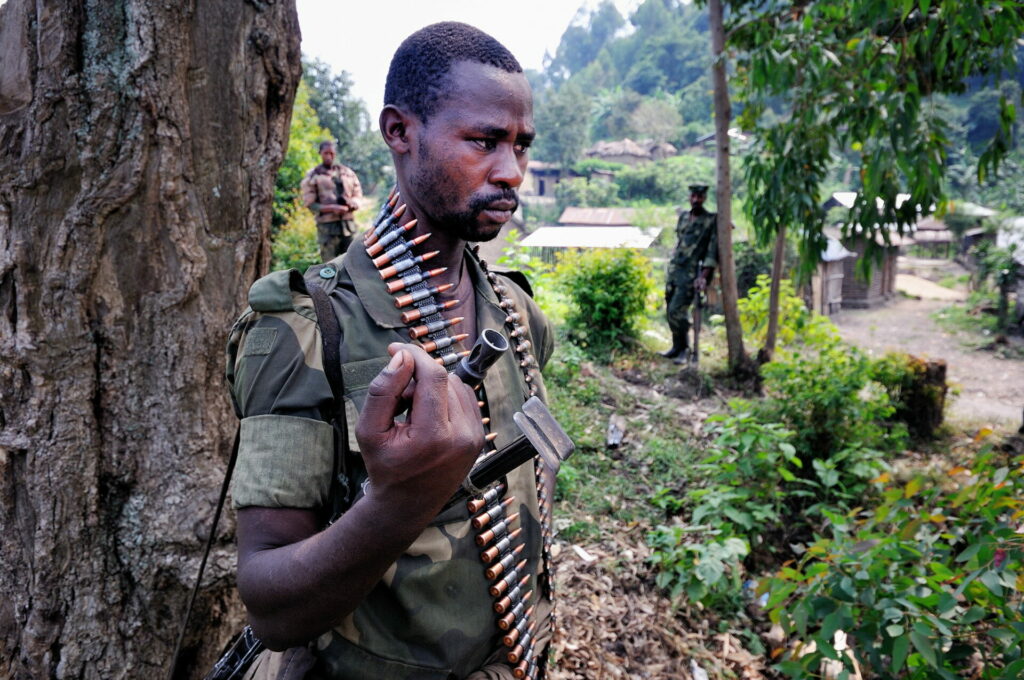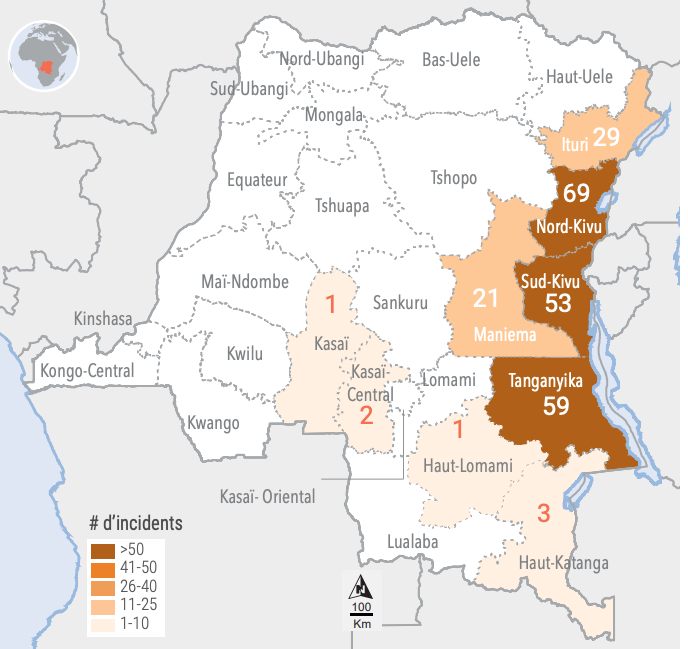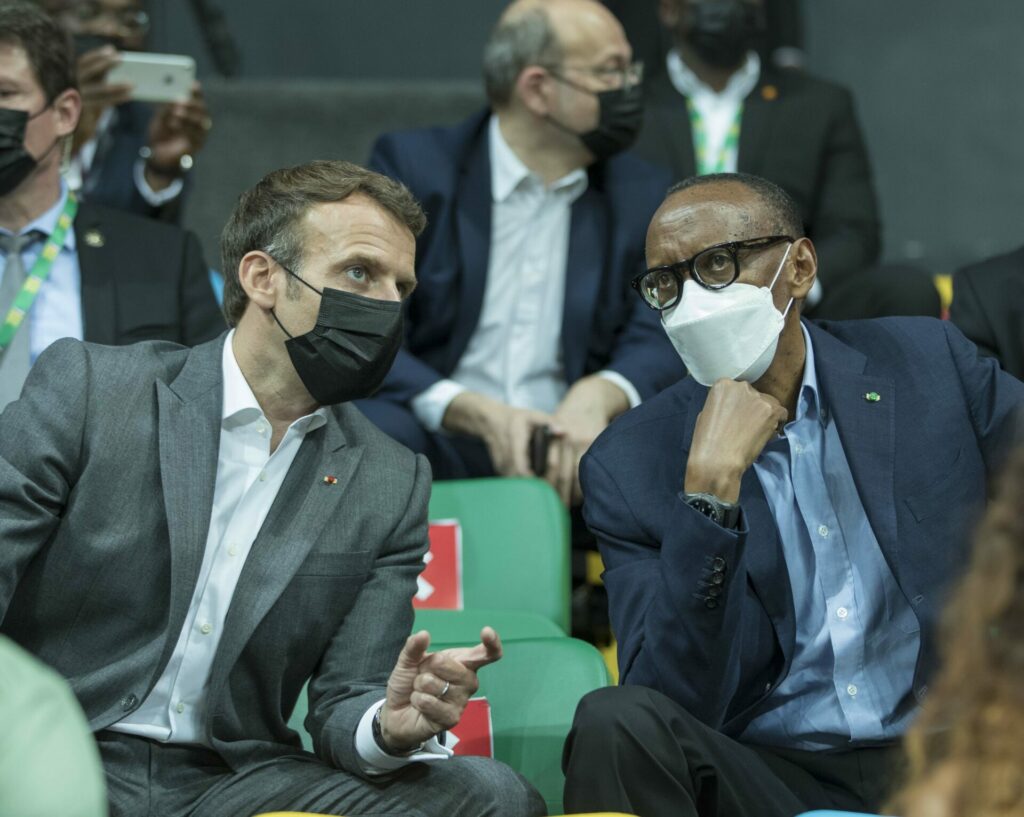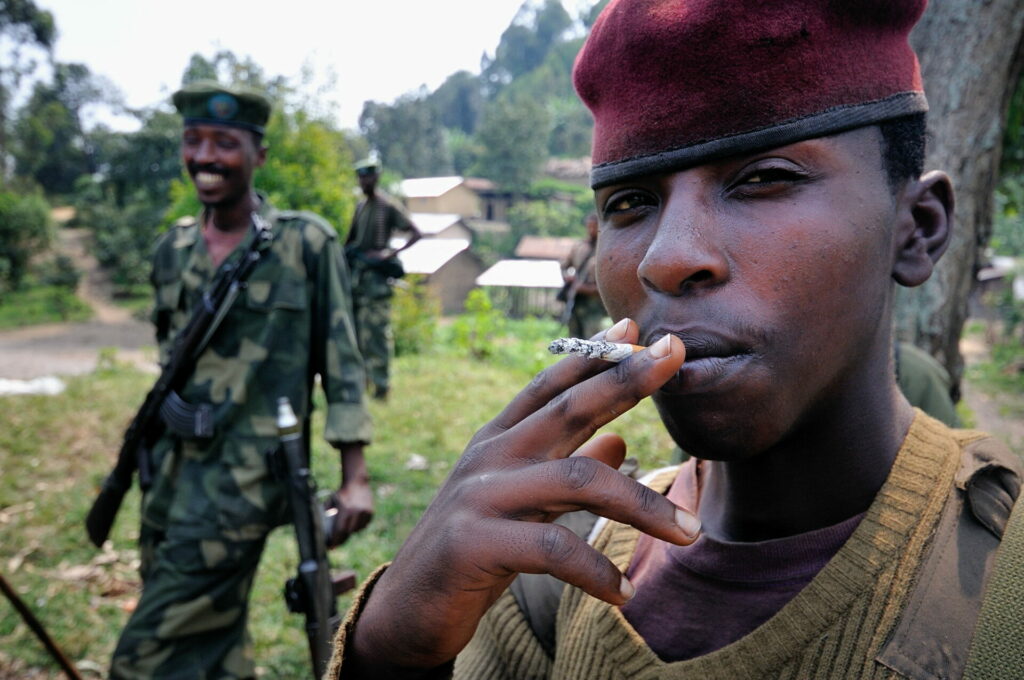Belgian MEP Marie Arena (PS) has condemned the EU’s decision to send €20 million in defence aid to Rwandan armed forces, who are currently accused of funding and militarily assisting the M23 rebels – the group behind the conflict in eastern Democratic Republic of the Congo (DRC).
Through the European Peace Facility mechanism, the EU is funding the deployment of Rwanda Defence Forces in the Cabo Delgado province, in response to the "ongoing fight against terrorism." The deployment started in July 2021 at the request of Mozambican authorities, who are also receiving EU funds to fight insurgents.
"Deciding to release €20 million in support of the Rwandan army without asking for a prior commitment and withdrawal of its support to M23 is unacceptable," said Arena in a statement.
The DRC has seen a large offensive this year by the M23 rebel group. On Tuesday, officials reported that 300 civilians lost their lives last week in an attack on villagers in eastern DRC.

An M23 rebel in 2012. Credit: Flickr / Al Jazeera / Creative
M23 is made up largely of Congolese Tutsis – the same majority ethnic group as neighbours Rwanda. The Rwandan regime has been accused of funding and assisting M23 rebels militarily since 2021, although there is evidence that they supported the insurgency of 2012 before withdrawing due to international pressure.
Overall, the conflict largely stems from the fallout of the 1994 Rwandan genocide.
180,000 forced to flee violence
In their latest offensive, M23 militia forces have been launching attacks on the Congolese army, and have captured numerous border towns in the eastern region.
Last month the rebels reached the outskirts of Goma, one of DRC’s largest cities, forcing 180,000 people to flee their homes. The Rwandan government and President Paul Kagame have repeatedly denied any link to the M23 rebel group, yet UN experts based in the country uncovered "solid evidence" of support by the Rwandan Defence Forces (RDF) in August 2022 – including how Rwanda had launched military incursions inside Congolese sovereign territory.

Map of the DRC. Credit: UN
On 25 May 2022, a day after Rwandan forces had crossed into the DRC, Rwandan troops and M23 fighters allegedly launched a joint offensive against a large DRC army base in Rumangabo, in the eastern North Kivu province. "On repeated occasions, aerial imagery showed large columns of up to 500 armed men in the vicinity of the DRC, Rwandan and Ugandan borders, moving in a very organised manner," the report said.
With this year's resurgence of violence in the DRC – including the accusation that Rwandan troops have ventured onto Congolese territory – MEP Maria Arena has called into question the EU's financial support for the RDF while it stands accused of destabilising its neighbour. "We do not accept that the EU is indirectly responsible for instability in the DRC. Funding should support the prosecution of those responsible for violations in the framework of national and international justice," Arena said.
She further stated that funding an army that is "responsible for serious human rights violations, mass killings and forced recruitment of children is not justifiable."
France and UK nurturing ties with Rwanda
In the M23 insurgency in 2012, Rwanda buckled under international pressure and withdrew from the DRC and halted its support for M23. What complicates matters for peace in the DRC this time, is the rapprochement between Western countries and the Rwandan government.
France has recently gone on a charm offensive with the Rwandan government, visiting the Rwandan capital, Kigali, in 2021 to open a new Francophone culture sector with an investment of €650,000 as well as various other French education and culture investments. French President Emmanuel Macron also publicly acknowledged the role his country played in the chain of events that led to the Tutsi genocide in 1994.

French President Macron with Rwandan President Kagame in Rwanda together in 2021. Credit: Paul Kagame / Flickr
Furthermore, a few months after Macron’s trip to Rwanda, in July 2021 Rwandan forces were deployed to North Mozambique to fight the insurgents. Many believe this was largely at the request of France, but also energy interests.
Rwandan troops seized Mocímboa da Praia on 8 August 2021, where a massive natural gas concession is held by the French energy company TotalEnergies SE and the United States energy company ExxonMobil.
Related News
- Western nations condemn rebel advances in DRC
- Democratic Republic of Congo: UN convoy attacked, two peacekeepers injured
- Reparations? No consensus on how Belgium should apologise for colonial past
Another greatly compromised player is the UK. In April 2022, the Boris Johnson government signed a Migration and Economic Development Partnership with Rwanda, which includes the policy of deporting asylum seekers who have had their requests rejected to Rwanda – which remains illegal under international law.
For this policy, the UK is providing £120 million in funding to Rwanda, in spite of its poor record on human rights (particularly on LGBTQ rights), persecution of independent journalists and opposition parties through threats, and assassinations.
Where next for the DRC?
With France and the UK closely embedded in Kagame's regime and not applying diplomatic pressure on its new ally, the hope for peace in eastern DRC remains unlikely. A flimsy 'ceasefire' was agreed upon last month in Luanda, Angola between Congolese and Rwandan forces, but was rejected by the M23 rebels as they were not present at the negotiation table.
The Congolese government is still pointing the finger at Rwanda for assisting this insurgency, which has been corroborated by evidence collected by the UN, who is leading calls for an investigation into the surge in violence.
With the funds having been approved last week, the EU has pledged more support for Rwanda without gaining any commitments that it would withdraw from the DRC and its support of M23 rebels. In 2012, it was international support which was instrumental in stopping the violence.

